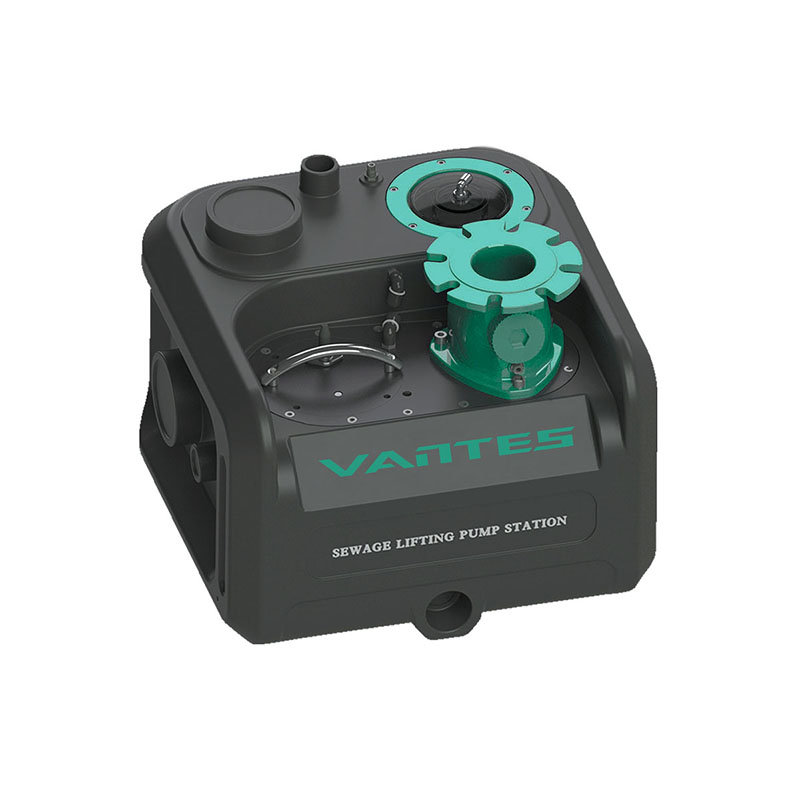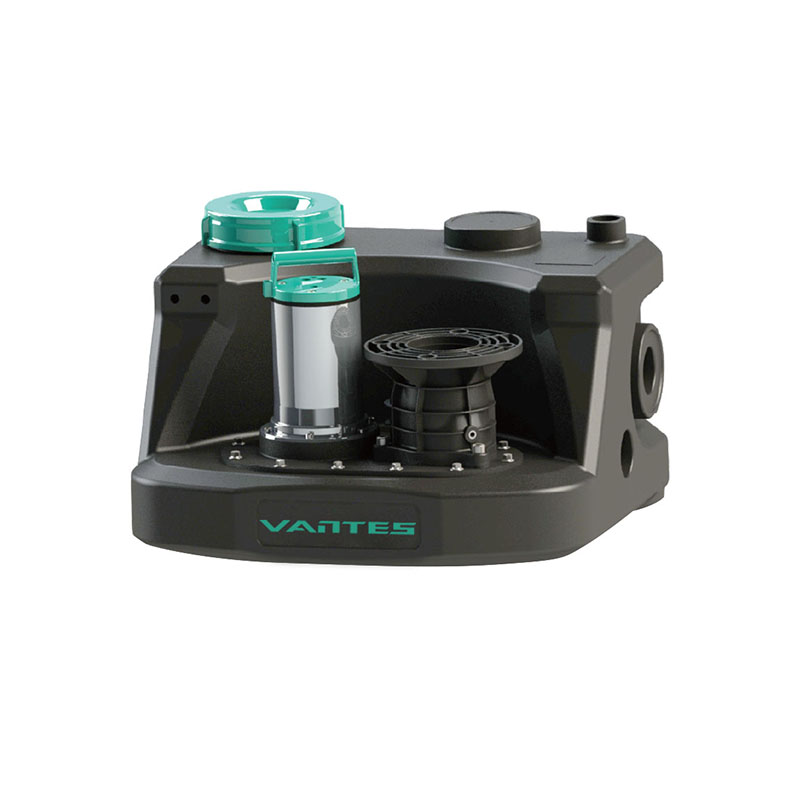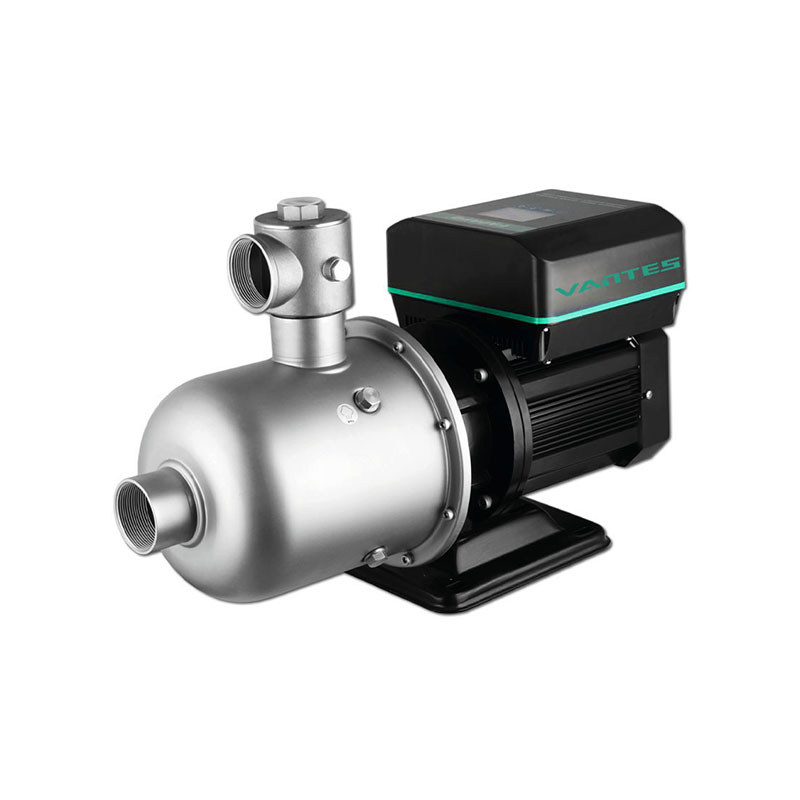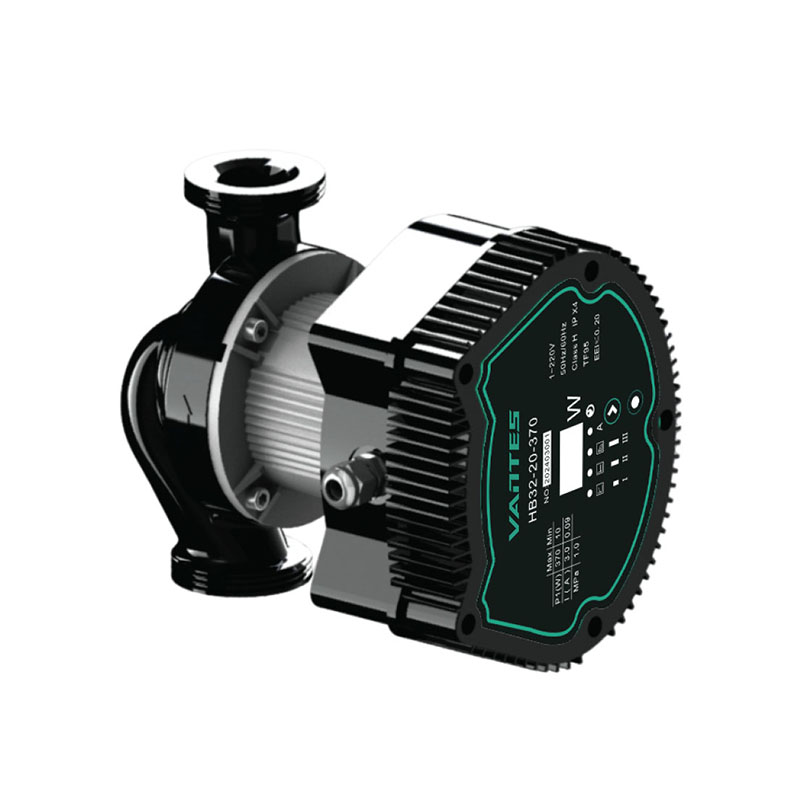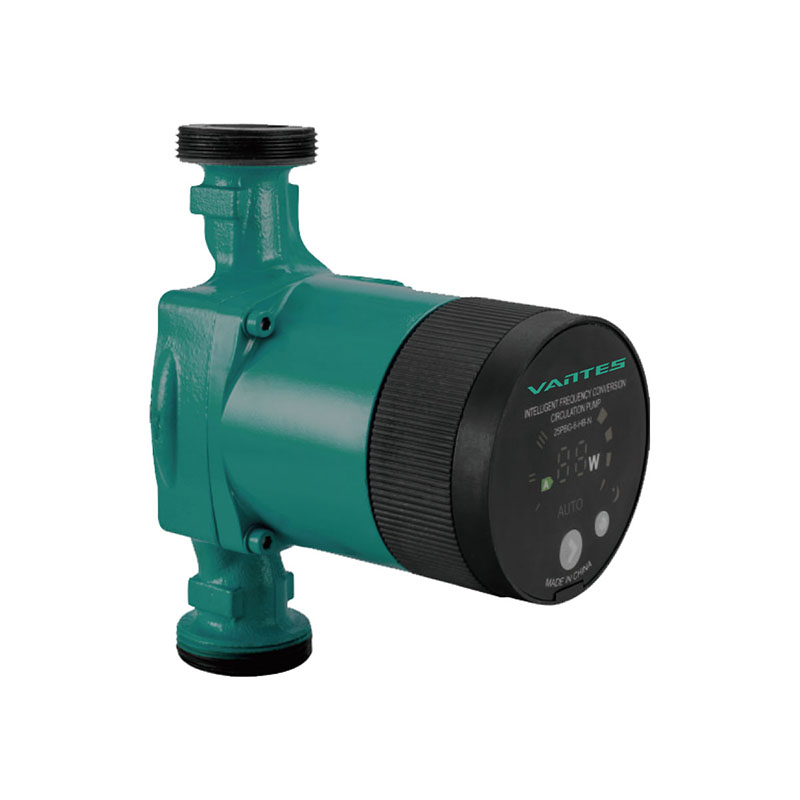In an era where sustainability and energy efficiency are at the forefront of industrial and municipal development, the Frequency Conversion Electric Sewage Pump has emerged as a game-changer in the field of wastewater management. With growing urban populations and an increase in industrial activity, the demand for efficient, reliable, and environmentally-friendly wastewater treatment systems has never been greater. Frequency conversion electric sewage pumps, with their cutting-edge technology and energy-saving features, are proving to be pivotal in managing wastewater more effectively while reducing operational costs.
In this article, we explore how frequency conversion electric sewage pumps are transforming the wastewater management industry, their key advantages, and the industries benefiting from their use.
What is a Frequency Conversion Electric Sewage Pump?
A frequency conversion electric sewage pump is a type of pump that uses a variable frequency drive (VFD) to control the speed and operation of the pump motor. By adjusting the motor speed, these pumps are able to optimize their performance based on real-time demand, ensuring that the system operates efficiently and consumes only the amount of energy required at any given time.
Unlike traditional pumps, which operate at a constant speed regardless of the workload, frequency conversion electric sewage pumps provide flexibility and responsiveness to varying flow conditions. This not only helps reduce energy consumption but also extends the lifespan of the pump and its components, as the system operates at optimal conditions.
These pumps are specifically designed to handle sewage and wastewater, including solids and other debris. Their ability to operate in harsh environments, such as sewage treatment plants, stormwater systems, and industrial wastewater treatment, makes them a vital component of modern water and wastewater infrastructure.
Key Applications of Frequency Conversion Electric Sewage Pumps
1. Municipal Wastewater Treatment
In municipalities, frequency conversion electric sewage pumps are increasingly being used in wastewater treatment plants to handle raw sewage and stormwater. These pumps efficiently move wastewater through various stages of the treatment process, from primary collection to filtration and final treatment.
One of the key advantages of using a frequency conversion electric sewage pump in municipal treatment plants is the ability to adjust the flow rate based on the volume of wastewater being processed. During periods of heavy rainfall or high wastewater influx, the pumps can be ramped up to handle the increased load. Conversely, during periods of lower flow, the pump’s speed is reduced, which results in energy savings and more efficient operation.
The ability to dynamically adjust the pumping capacity helps reduce wear and tear on the system, minimizing maintenance costs and downtime. As a result, municipalities can operate wastewater treatment plants more cost-effectively while meeting environmental discharge regulations.
2. Industrial Wastewater Management
Industries such as food processing, chemical manufacturing, textiles, and pharmaceuticals generate significant amounts of wastewater, which often contains a mix of solids, chemicals, and organic matter. In these industries, frequency conversion electric sewage pumps are essential for moving wastewater through treatment processes.
The main benefit of using these pumps in industrial settings is their ability to handle varying flow rates and deal with the complex nature of industrial wastewater. For example, in food processing plants, wastewater may contain organic solids such as food scraps and oils. The pumps are designed to move these materials without clogging, ensuring that the wastewater treatment process is both efficient and consistent.
By using a frequency conversion electric sewage pump, industries can ensure that their wastewater management systems run at maximum efficiency, regardless of the fluctuations in water demand or wastewater composition. This adaptability helps industrial facilities minimize their environmental footprint and comply with regulations surrounding wastewater disposal.
3. Stormwater and Flood Control Systems
Stormwater management is a growing concern in cities around the world, especially those with aging infrastructure and increasing instances of heavy rainfall. Frequency conversion electric sewage pumps are increasingly used in stormwater management systems to control water flow during flood events.

